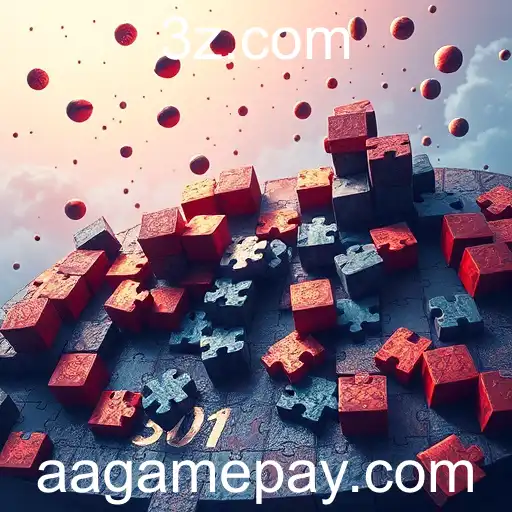
Exploring how digital gaming is reshaping the landscape of education worldwide, with a focus on current trends and future potentials.
In recent years, the integration of digital gaming in education has surged, redefining how students engage with their learning environment. This trend has become a dynamic force in classrooms across the globe, propelled by advancements in technology and a progressive understanding of diverse learning needs. The current landscape sees educational institutions increasingly adopting digital games as a means to enhance student participation and foster critical thinking skills.
One of the leading platforms driving this change is 'aagame,' which has rapidly gained recognition for its innovative approach toward educational content. Through an array of interactive games, 'aagame' facilitates a unique learning experience tailored to the curriculum needs of different age groups. By incorporating elements of storytelling, problem-solving, and gamified learning objectives, it enables students to grasp complex concepts in an engaging and memorable way.
The transformative role of digital gaming in education is evident in recent reports highlighting improved student outcomes. According to educators, students exhibit a marked increase in motivation and information retention when using educational games as part of their study regimen. This is particularly true for subjects traditionally viewed as challenging, such as mathematics and science, where the element of interactive visualization aids in demystifying difficult topics.
Moreover, the feedback loop inherent in gaming offers immediate results, allowing educators to tailor their teaching strategies in real-time based on student performance. This dynamic methodology facilitates personalized learning paths, catering to the unique strengths and weaknesses of each student.
However, the implementation of digital games in education isn't without its challenges. Concerns about screen time, equity in access to technology, and the potential for distraction are legitimate issues that institutions need to address. As education systems across the globe strive to adapt to this digital shift, ongoing dialogue and collaboration amongst stakeholders will be crucial to harnessing the full potential of gaming in education.
Looking ahead, the future of educational gaming presents exciting possibilities. With the continued evolution of technologies like virtual reality and artificial intelligence, the next generation of educational games promises even more immersive and customized learning experiences. As we navigate through these transformative times, the role of platforms like 'aagame' could be integral in shaping how we educate our future leaders.




